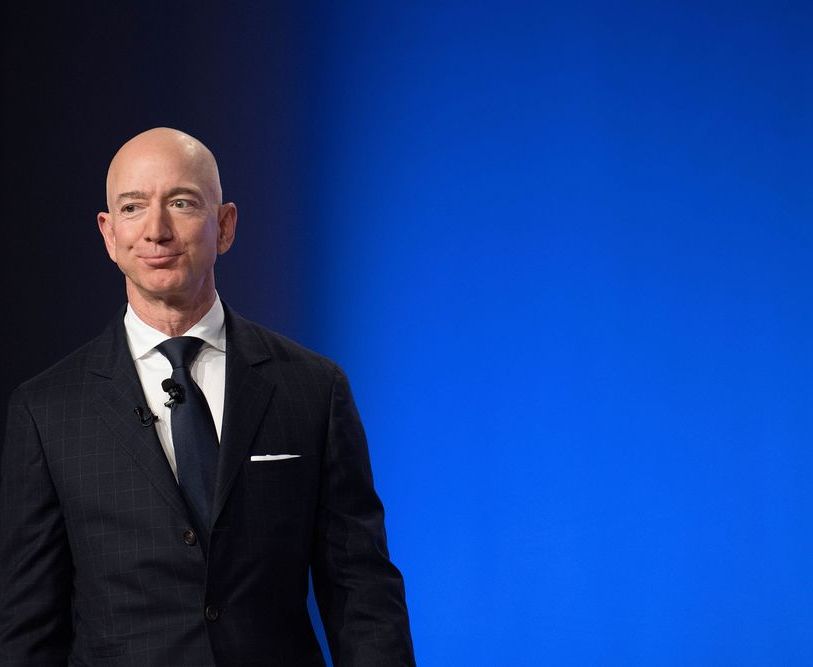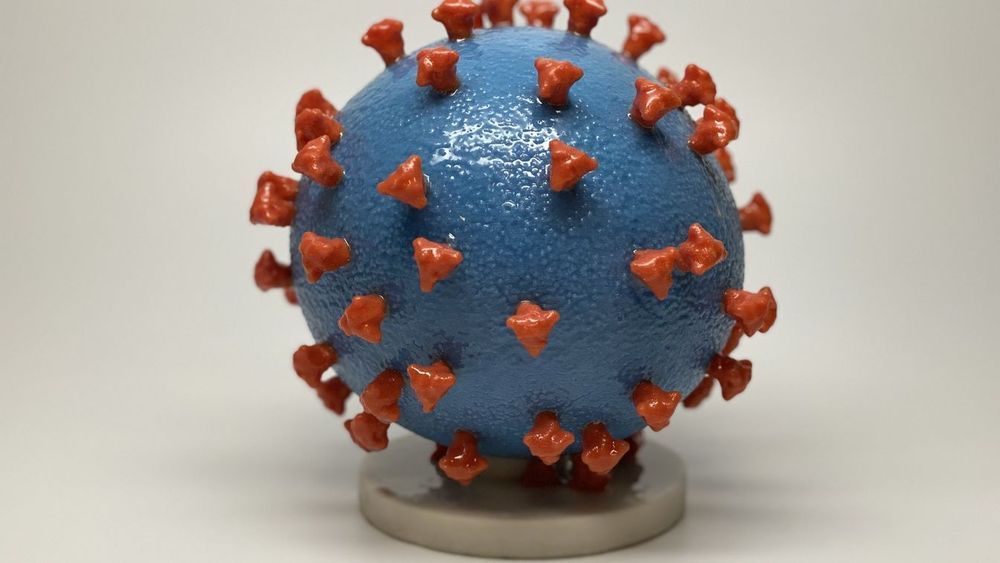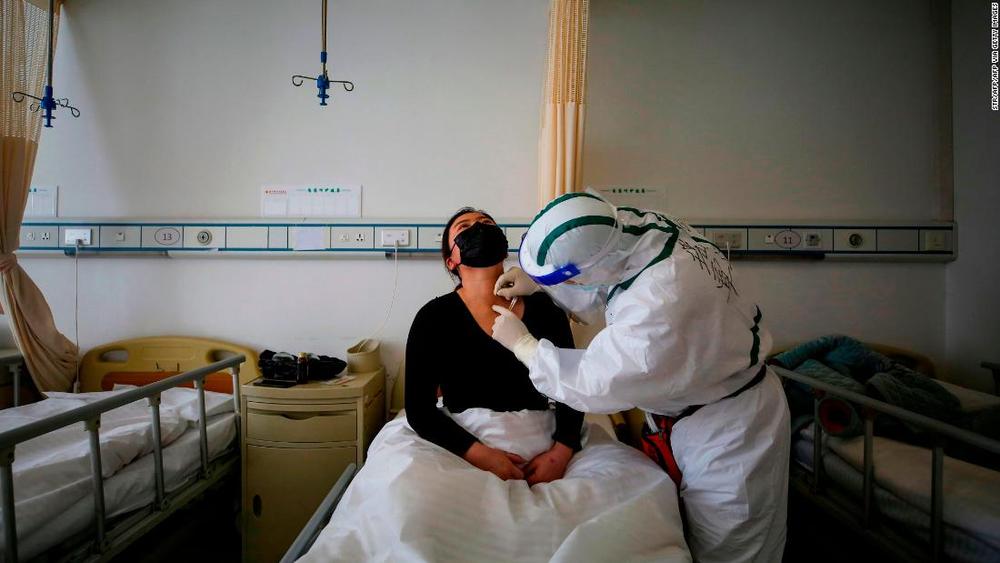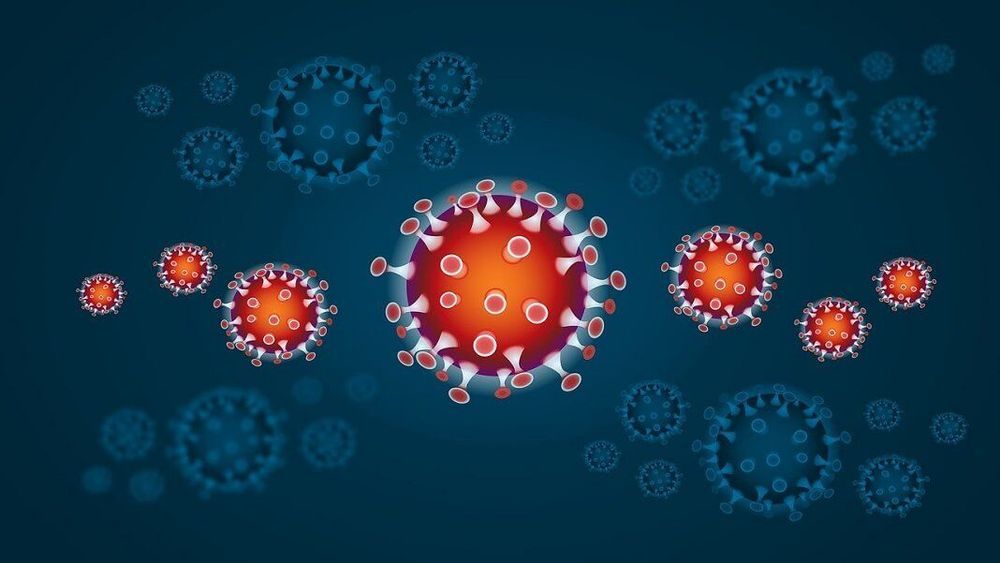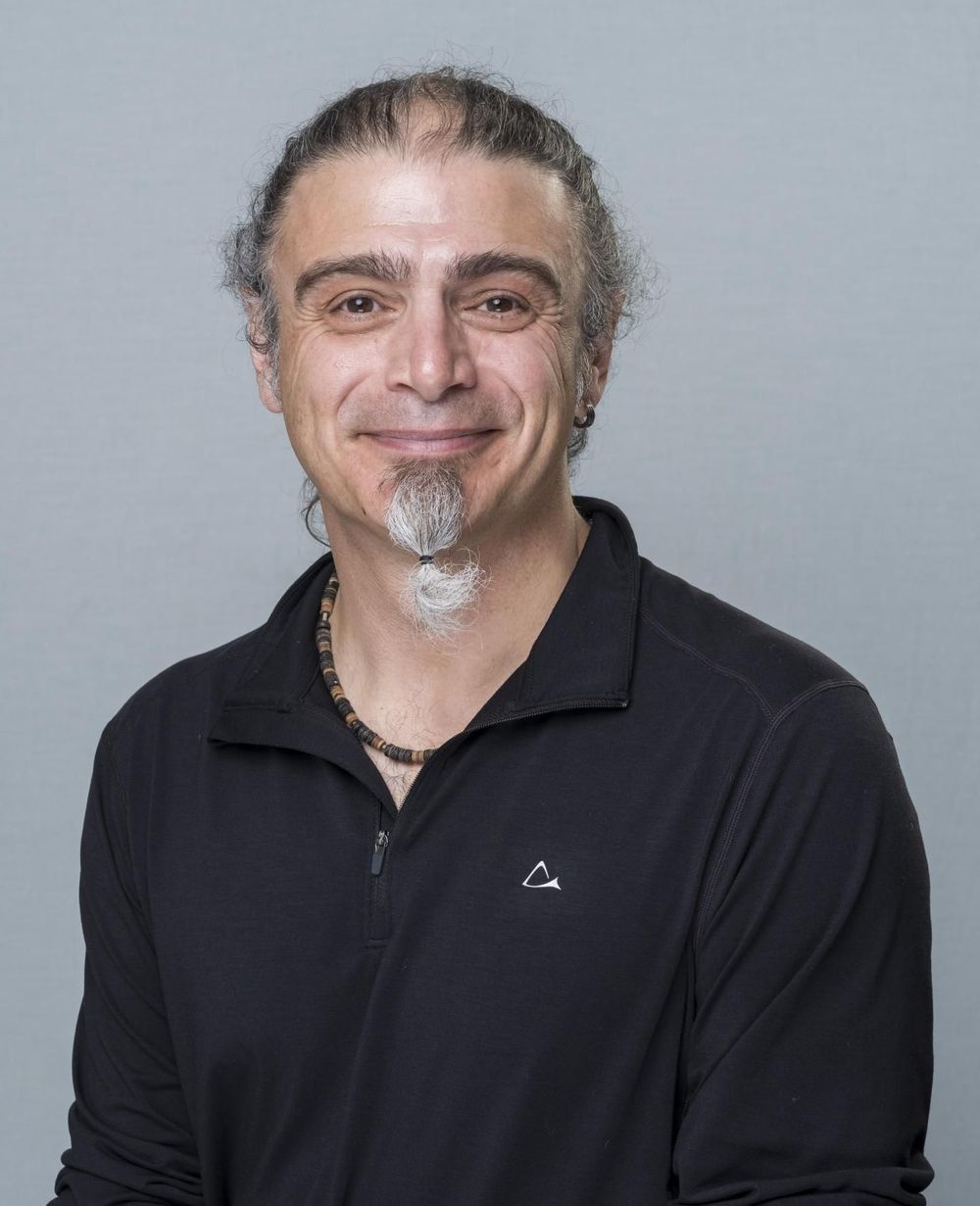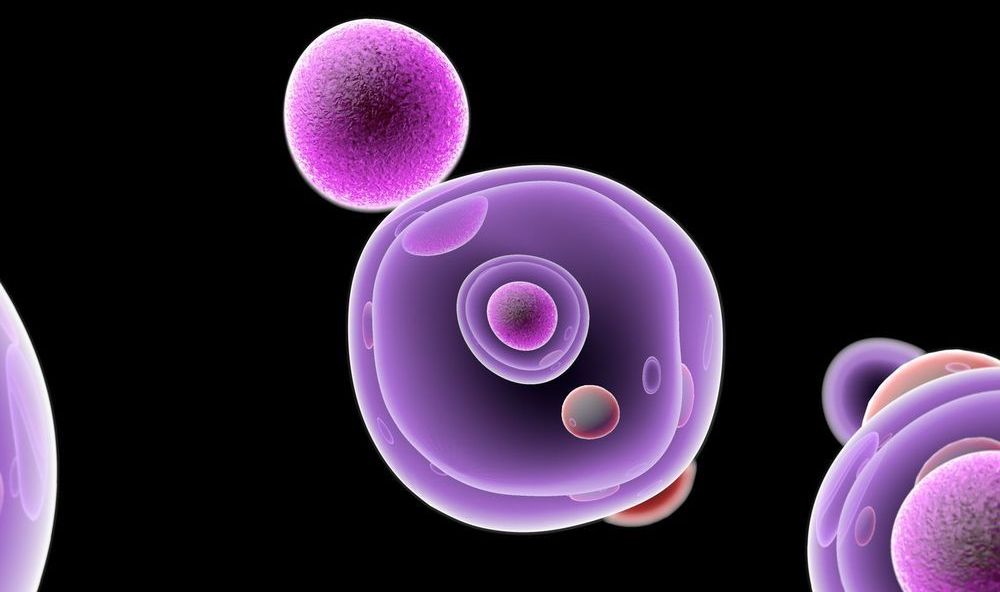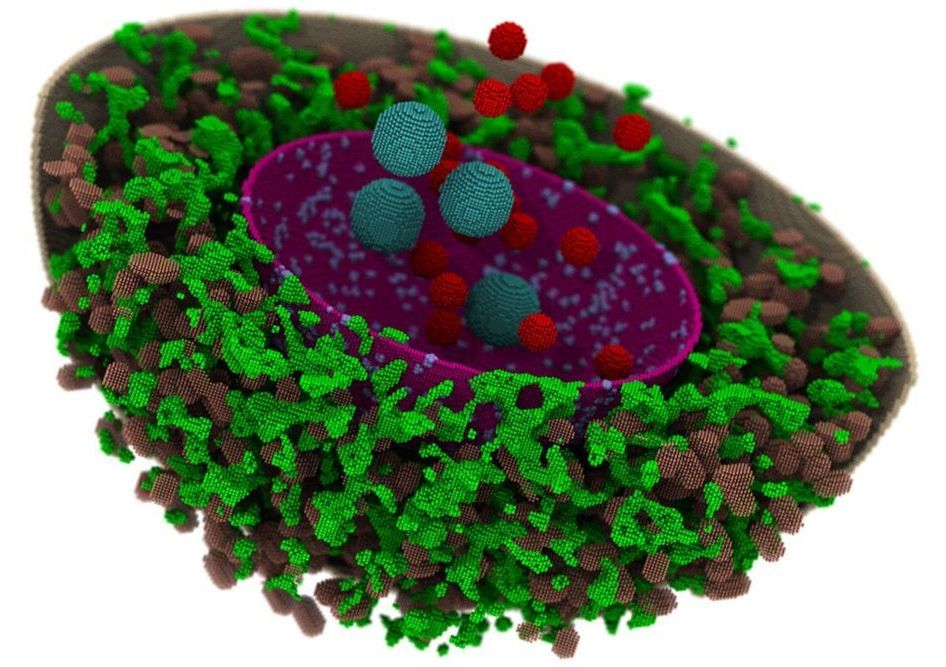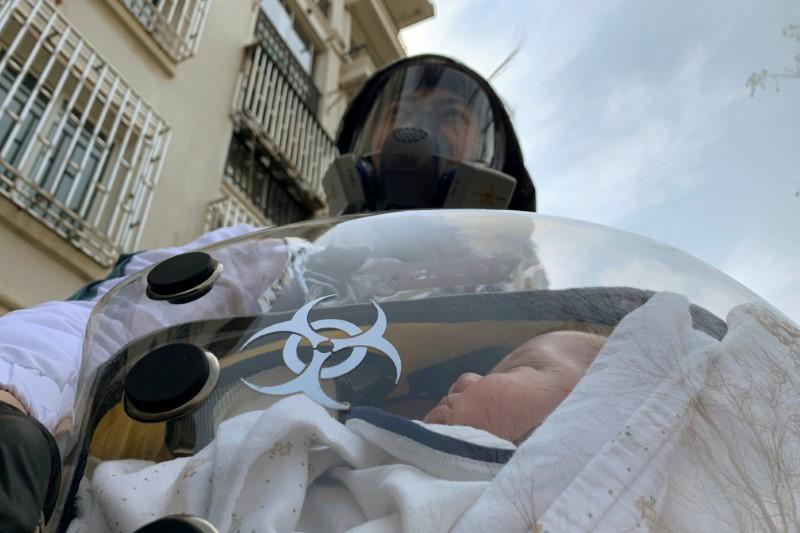If you’ve never heard of a tensegrity structure, you should stop now and watch the video below. In it, [The Action Lab] shows a 3D printed table that is held up only with strings. We didn’t say suspended by strings but held up. Or so it appears. The model is from Thingiverse, but it is one of those things you have to see to believe.
The basic idea is pretty simple. Strings have a lot of tensile strength but collapse under the slightest compressive force. The arrangement of strings puts the force on the center string which is essentially hanging — the force is pulling the string down. The other three strings aren’t just for show, though, they keep the structure from tipping over in any one direction.
There are actually real-life examples of these kinds of structures. The video shows the Skylon at the Festival of Britain as one example and an Australian bridge. The video also makes the point that the human body uses tensegrity, since tendons are very similar to the strings in the model.
